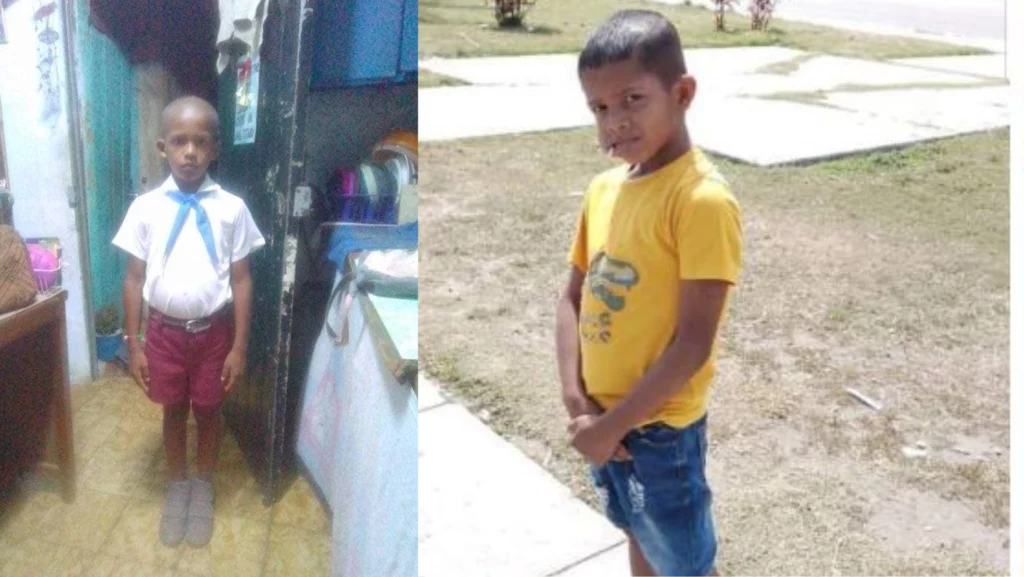AND
n the middle of In the face of political tensions over the constitutional reforms that are about to be approved by the new legislature, the voice of youth, and especially of students, has once again vindicated the critical and militant tradition of Mexican youth that throughout the last century has accompanied the democratic strengthening of our country. In recent days, faced with the imminent approval of the judicial reform, students from different public and private faculties and universities have organized to demand openness to a constructive dialogue to reorient a judicial reform that creates better conditions for making effective the access and effectiveness of the mechanisms of administration of justice that Mexican society in fact demands, but that the modifications proposed by the current partisan hegemony are far from guaranteeing.
These facts invite us, once again, to focus on youth, as an age group that has historically been the repository of expectations for better living conditions for fractured societies, but which at the same time has seen the conditions for them to deploy their transformative power in all areas of social life gradually diminish. Today, in times of civilizational crisis in which high uncertainty prevails on a global scale regarding the future, youth are willing to reaffirm their audacity and their power as builders of hope.
The general context that today’s youth and societies face is characterized by numerous challenges. Specialized research conducted after the Covid-19 pandemic agrees that the major determinants of the present and future of youth are vulnerability, precariousness, inequality and violence. It is no coincidence that today’s youth are facing a generalized psycho-emotional health crisis, since our current civilizational model and its economic, social and environmental implications have blurred the prospects for a better future. The increasingly tense international scenario, new expressions of nationalism, racism and discrimination, the depredation and privatization of common goods, together with the increasingly serious effects of climate change, place an onerous burden on the shoulders of youth who have been born and raised within the limits of a civilizational model lacking fair responses to their needs and expectations.
Today, young people have fewer and fewer guarantees of a decent life. Their incorporation into the labour market has been characterised by transience, flexibility and short-termism, reinforcing the dominant values of individualism and competition between them, within the framework of an insufficient and precarious labour market; which has meant a factor of depoliticisation and disarticulation of young people as a collective actor in the face of common social problems.
With an unemployment rate of 6.4 percent, young people are the age group with the highest rate, almost double the national rate. Meanwhile, of economically active young people, only 44.9 percent receive a salary exceeding 5 thousand pesos per month, and their informality rate is 10 percentage points above the average.
The structural limitations faced by young people in promoting significant changes are evident, especially in an environment full of expressions that discourage their ability to imagine other forms of social organization not constrained by the market economy. It is therefore not surprising that only 43 percent of the population between 16 and 25 years of age in Latin America supports democracy, according to the most recent Latinobarómetro report, a sign of institutional deterioration and its overtaking in the face of the contemporary social needs of young people.
One of the main shortcomings of recent political campaigns in the country was the absence of youth actors in both the diagnoses and the proposals for comprehensive attention to their problems. However, the university and youth voices that are now rising in the streets in defense of an autonomous judiciary and guarantor of a democratic model of checks and balances do not renounce their right to be heard by the authorities and to receive full answers.
Although the rulers and representatives of the day insist on resorting to old formulas to discredit and discredit the youth, we cannot forget that it is these that have driven many of the great changes in our country, causes that were championed at the time by the very political forces that today hold the Executive Power and enjoy majorities in the chambers. Faced with the dark panorama that the current civilizing model offers to the youth, society as a whole is called to echo the legitimacy of the prophetic voice of the youth that repeatedly in history has made possible what seemed impossible.
















